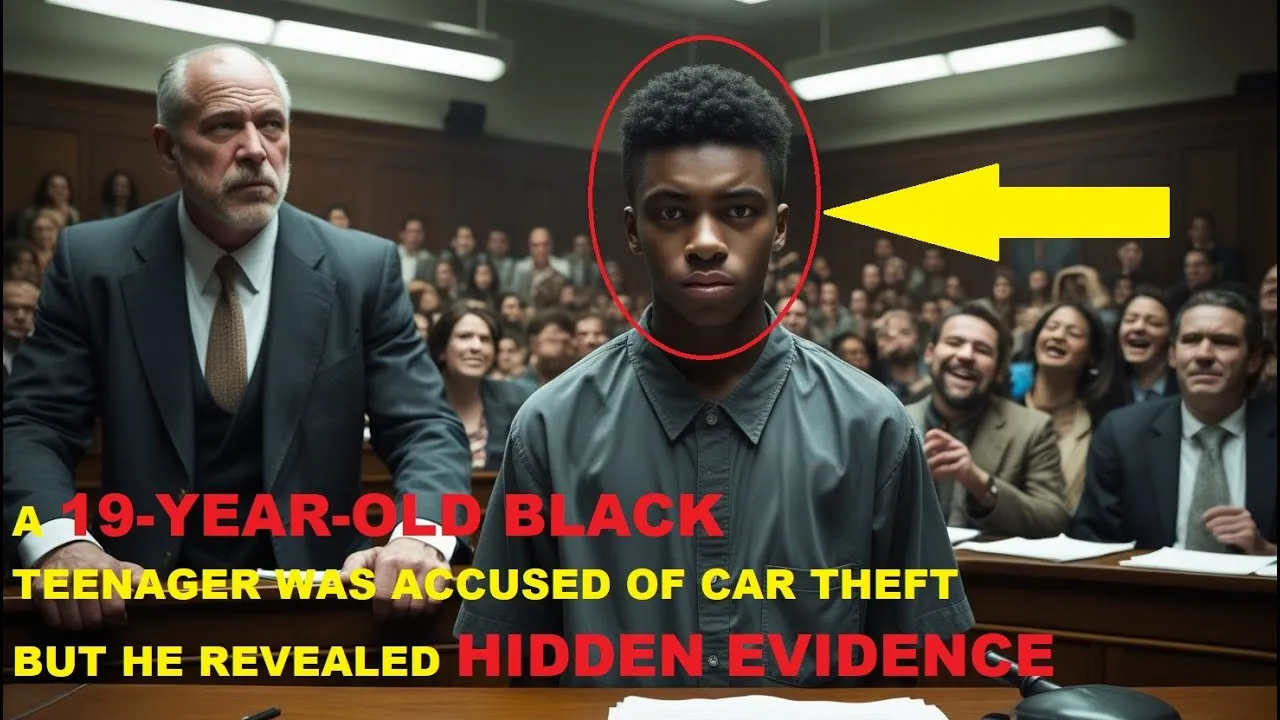Unraveling the Truth: Is Netflix’s ‘Adolescence’ a Real-Life Horror Story?
Netflix’s latest series, Adolescence, has taken the streaming world by storm, captivating audiences with its gripping narrative centered around the tragic tale of 13-year-old Jamie Miller, who is accused of murdering his classmate, Katie. The show dives deep into the complexities of youth, exploring themes of violence, mental health, and societal pressures that resonate with many viewers today. But as the series gains popularity, a pressing question arises: is Adolescence based on a true story?
The plot of Adolescence revolves around the harrowing incident in which Jamie is accused of killing his classmate, leading to an intense community investigation and a whirlwind of media scrutiny. While the show is not based on a specific true story, it draws inspiration from real-life events that highlight the alarming rise of youth violence and the often-overlooked mental health issues faced by adolescents.
The creator of Adolescence has stated that the narrative reflects the intricate realities of growing up in today’s world. In an interview, they emphasized that the show aims to shine a light on the overwhelming pressures that young people face, from academic expectations to social dynamics. This commentary has sparked significant public discourse about how such portrayals in media impact societal perceptions of youth.
As the series premiered, it coincided with the sentencing of a real-life case involving a young perpetrator, which many believe influenced the show’s themes. Critics have noted that this timing has led to heightened discussions about the nature of innocence and guilt, particularly in young offenders. The juxtaposition of fiction and reality has left viewers questioning the implications of such narratives.
One of the most compelling aspects of Adolescence is its character development, particularly that of Jamie and his family. The series delves into their psychological and emotional struggles, showcasing the ripple effects of violence on a community. As Jamie grapples with the accusations against him, the audience witnesses the profound impact it has on his family, friends, and the larger community.
Public reaction to the show has been overwhelmingly engaged, with viewers taking to social media to express their thoughts on the realism and ethical implications of the storyline. Many have shared personal anecdotes, drawing parallels between their own experiences and those depicted in the series. This engagement has fostered a community dialogue about the challenges faced by adolescents today and the societal responsibilities to address these issues.
Critically, Adolescence has been praised for its ability to provoke thought about the underlying societal issues contributing to youth violence. Critics have highlighted the show’s nuanced portrayal of adolescence, arguing that it serves as a cultural commentary on the expectations placed upon young people. By addressing mental health, social pressures, and the consequences of neglecting these issues, the series encourages viewers to reflect on how society can better support adolescents.
As discussions about Adolescence continue to unfold, the series raises important questions about the future. How can society work to prevent tragedies similar to those depicted in the show? What role do parents, educators, and communities play in supporting young people? These inquiries are essential as we navigate the complexities of adolescence and strive to create a safer, more supportive environment for future generations.
In conclusion, while Adolescence may not be based on a specific true story, its inspiration from real-life events and societal issues makes it a poignant reflection of the challenges faced by today’s youth. The series has ignited conversations about youth violence, mental health, and the importance of addressing these issues head-on. As viewers continue to engage with the show, it serves as a reminder of the complexities of growing up in a world that often fails to understand the struggles of its youngest members.






Leave a Comment